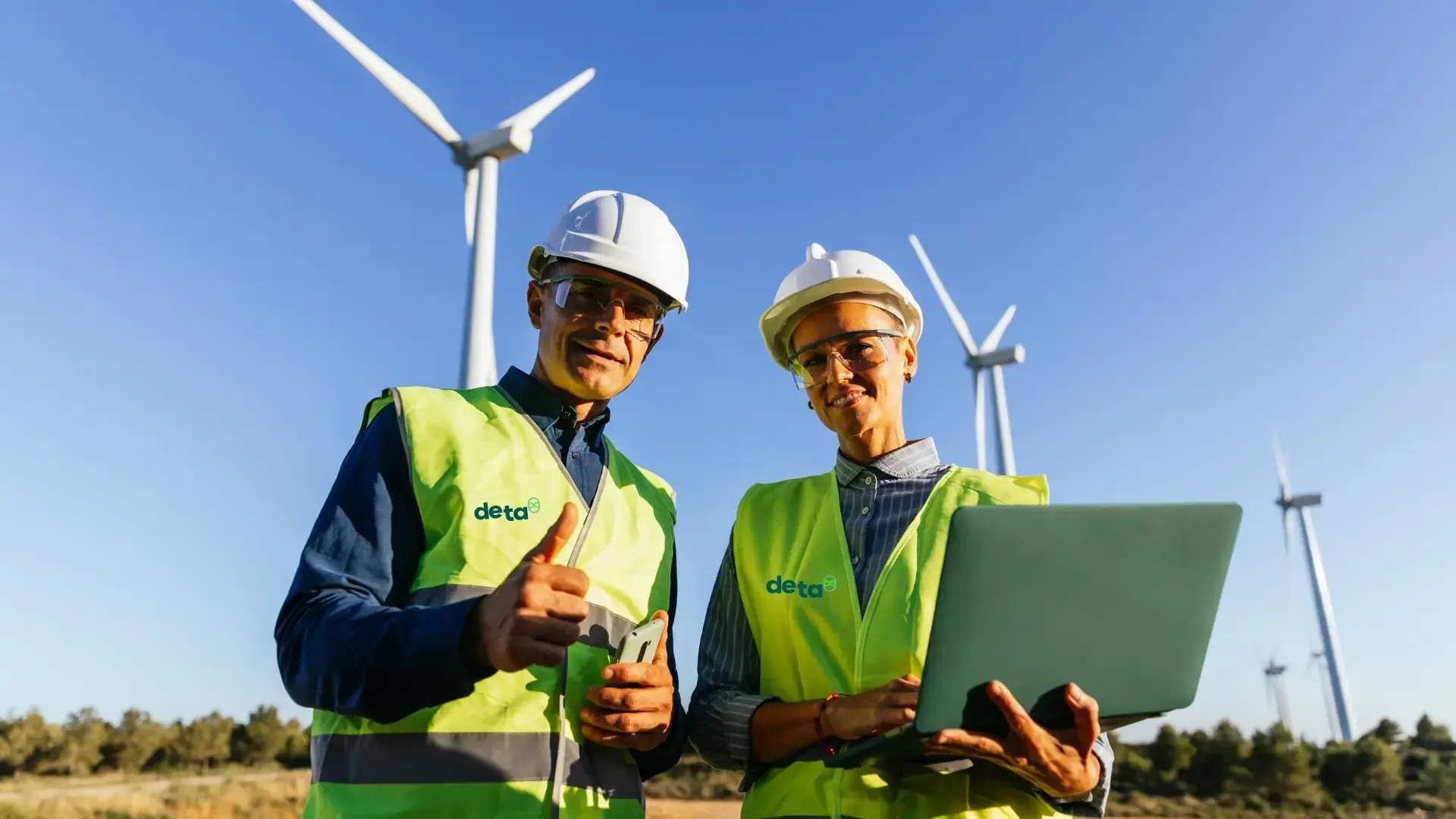Hellers Hot Water Heat Pump
Hellers - NZ's Butcher
Hot Water Heat Pump
$148,000 Annual Savings for 2.5 Years Payback On Investment
Problem
Hellers Ltd, New Zealand's best known butcher and small goods specialist, consumes a significant amount of hot water which is primarily generated by LPG fired steam boilers. They had reduced hot water consumption, and implemented heat recovery, and to further reduce costs sought alternative methods for generating hot water.
Solution
DETA Consulting proposed a high temperature heat pump for the site, utilising waste heat from the refrigeration system and boosting it to a usable temperature. This significantly reduced the need for LPG on site, however, did consume slightly more electricity. After a successful study, DETA developed the design and business case in conjunction with Active Refrigeration, Heller’s refrigeration partner.
Outcome
The project was delivered successfully in 2015 and represents only the second ammonia high temperature heat pump installed in New Zealand. 1.4 GWh/annum saved. Equivalent to $148,000/yr (or the energy required to process 160,000 sheep) at a payback of 2.5 years.





